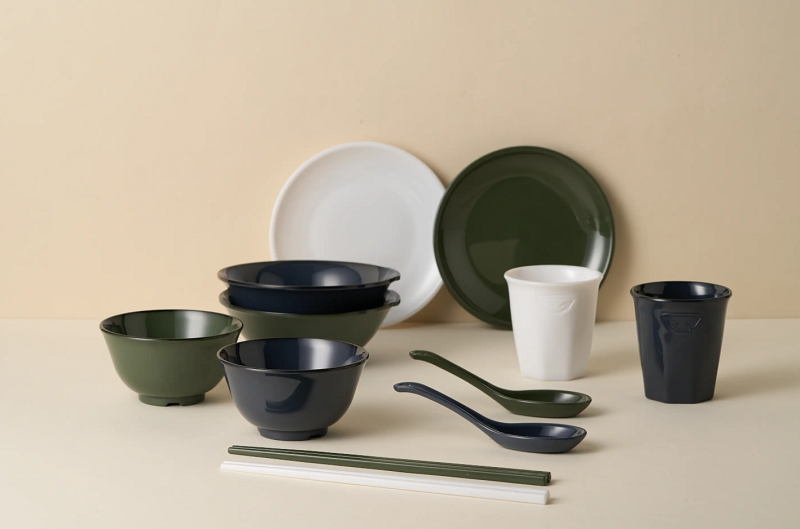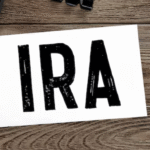Businesses now recognize the importance of sustainable sourcing as customers prefer environmentally responsible products. Dining establishments, hotels, and event organizers choose suppliers who share their commitment to ethical operations. Selecting the right partner plays a vital role in achieving long-term success and maintaining brand credibility.
The demand for eco friendly dinnerware reflects this growing awareness. Before entering a partnership, decision-makers must assess suppliers to ensure consistent quality and adherence to environmental principles. A thorough evaluation allows businesses to identify suppliers who meet sustainability standards while maintaining cost efficiency and reliability.
1. Material Source and Product Composition
Material choice defines a supplier’s environmental integrity. Reliable suppliers use biodegradable materials such as bamboo, palm leaves, cornstarch, or sugarcane fiber to make sustainable dinnerware. These materials support waste reduction and promote responsible consumption. Evaluating whether products are free from chemicals or synthetic elements ensures authenticity and safety.
It is essential to verify how suppliers obtain raw materials. Trustworthy suppliers source from certified farms or sustainable forests that follow ethical practices. Reputable suppliers provide transparent documentation on material origins, which allows businesses to confirm compliance before finalizing partnerships.
2. Certifications and Compliance Standards
Certifications reflect a supplier’s commitment to responsible production. Dinnerware suppliers with FSC, ISO 14001, or BPI certifications prove that their processes align with international environmental standards. These certifications confirm that the products meet ecological and safety benchmarks.
Compliance with local and global food safety standards remains a priority. Suppliers who complete third-party audits demonstrate transparency and accountability. Certified suppliers ensure that each product meets quality standards while supporting broader environmental objectives.
3. Manufacturing Practices
A supplier’s production process reveals their true environmental values. Responsible suppliers rely on renewable energy sources and energy-efficient technology. They focus on minimizing emissions and conserving water during production to reduce their carbon footprint.
Dinnerware suppliers who manage resources efficiently show genuine dedication to sustainability. Facilities that recycle water and reuse by-products set an example of responsible manufacturing. Choosing suppliers with low-impact production systems strengthens a company’s eco-conscious reputation.
4. Supply Chain Transparency
Transparency within the supply chain helps establish trust. Reliable suppliers share detailed information about their sourcing and production methods. They provide traceable data for every stage of the supply process, ensuring that clients can verify authenticity and ethical practices.
Efficient logistics contribute significantly to sustainability efforts. Local or regional suppliers reduce transportation distances, which helps lower emissions and improve delivery times. Partnering with transparent suppliers supports efficient operations while advancing environmental goals.
5. Cost, Scalability, and Partnership Potential
Cost evaluation remains central to supplier selection. Sustainable dinnerware suppliers offer affordable solutions without lowering product quality. Businesses should assess cost structures to ensure that environmentally conscious choices remain financially viable.
Scalability determines if a supplier can meet future demand. Dependable suppliers of sustainable dinnerware handle large volumes consistently while maintaining product quality. Their willingness to innovate and collaborate ensures lasting business relationships built on trust and shared values.
Selecting the right supplier requires a careful review of sourcing, certifications, production methods, and transparency. Businesses that choose suppliers of eco friendly dinnerware strengthen their environmental responsibility and brand reputation. A strong partnership ensures quality, sustainability, and trust in every aspect of business operations.







